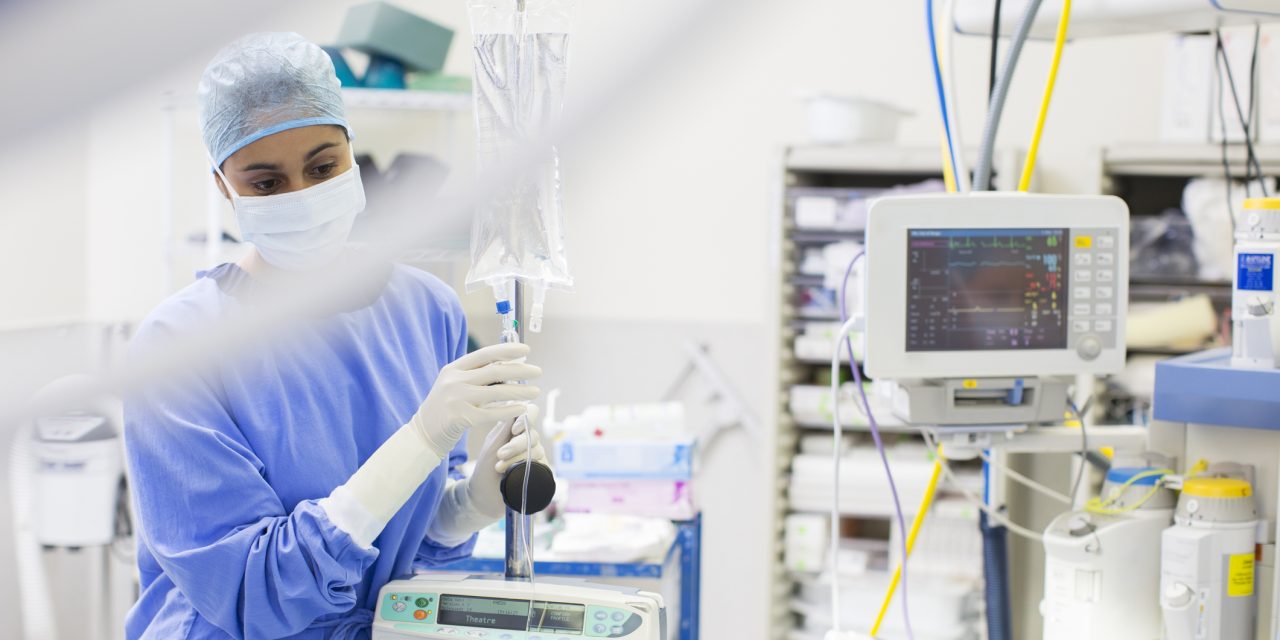Central venous catheter (CVC) insertion complications are a prevalent and important problem in the intensive care unit (ICU), and source control by immediate catheter removal is considered urgent in patients with septic shock suspected to be caused by catheter-related bloodstream infection (CRBSI). We sought to determine the impact of immediate reinsertion of a new catheter (IRINC) on mortality among patients after CVC removal for suspected CRBSI.
A propensity score-matched cohort of patients with suspected CRBSI who underwent IRINC or no IRINC in a 32-bed ICU in a university hospital in China from January 2009 through April 2021. Catheter tip culture and clinical symptoms were used to identify patients with suspected CRBSI. The Kaplan-Meier method was used to analyse 30-day mortality before and after propensity score matching, and adjusted hazard ratios (HRs) and 95% confidence intervals (CIs) for mortality in the matched cohort were estimated with Cox proportional hazards models.
In total, 1,238 patients who had a CVC removed due to suspected CRBSI were identified. Among these patients, 877 (70.8%) underwent IRINC, and 361 (29.2%) did not. Among 682 propensity score-matched patients, IRINC was associated with an increased risk of 30-day mortality (HR, 1.481; 95% CI, 1.028 to 2.134) after multivariable, multilevel adjustment. Kaplan-Meier analysis found that IRINC was associated with the risk of mortality both before matching (P = 0.00096) and after matching (P = 0.018). A competing risk analysis confirmed the results of the propensity score-matched analysis. The attributable risk associated with bloodstream infection was not significantly different (HR, 1.081; 95% CI 0.964 to 1.213) among patients with suspected CRBSI in terms of 30-day mortality compared with that associated with other infections.
In this cohort study, IRINC was associated with higher 30-day mortality compared to delayed CVC or no CVC among patients with suspected CRBSI. A large-sample randomized controlled trial is needed to define the best management for CVC in cases of suspected CRBSI because IRINC may also be associated with noninfectious complications. Trial registration This study was registered with the China Clinical Trials Registry (URL: http://www.chictr.org.cn/index.aspx ) under the following registration number: ChiCTR1900022175.
© 2022. The Author(s).
Association of immediate reinsertion of new catheters with subsequent mortality among patients with suspected catheter infection: a cohort study.


